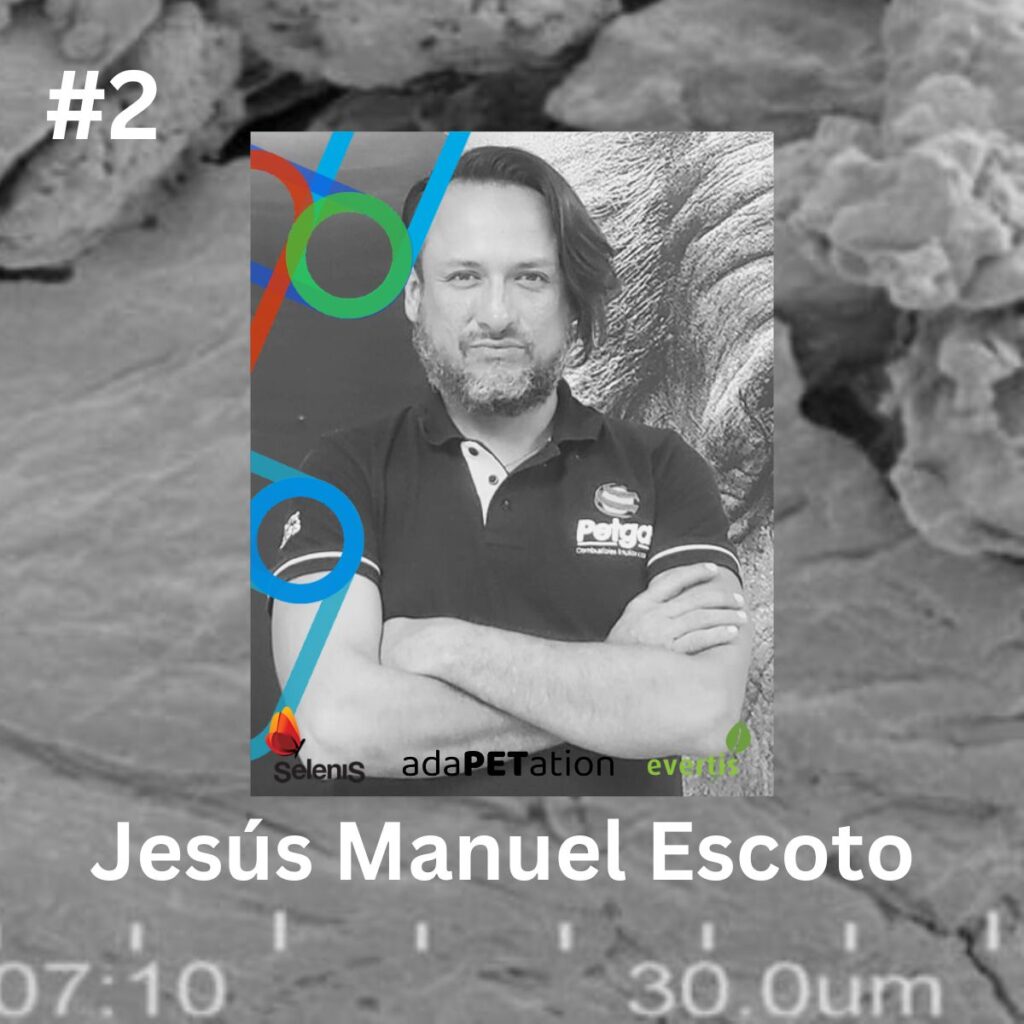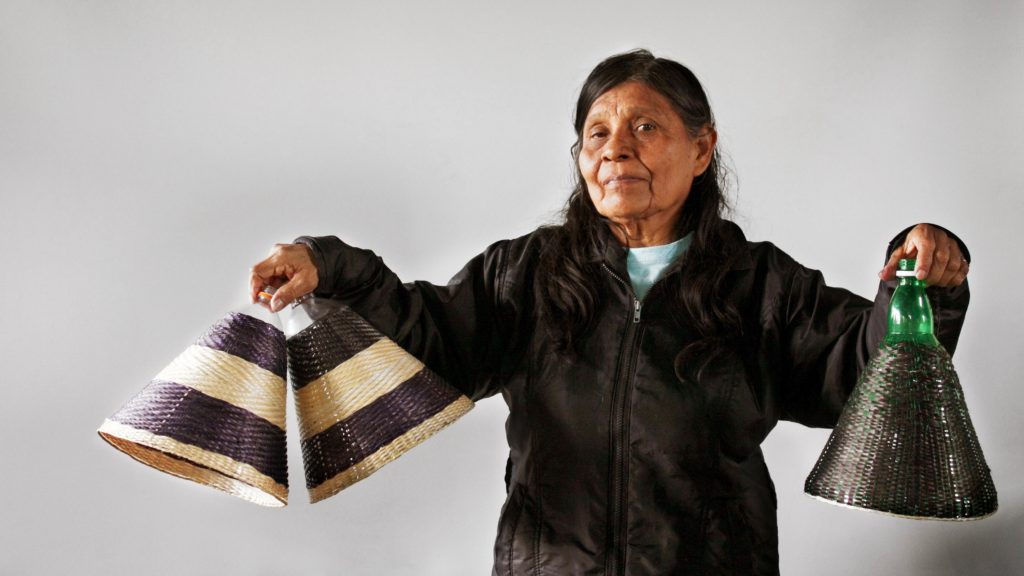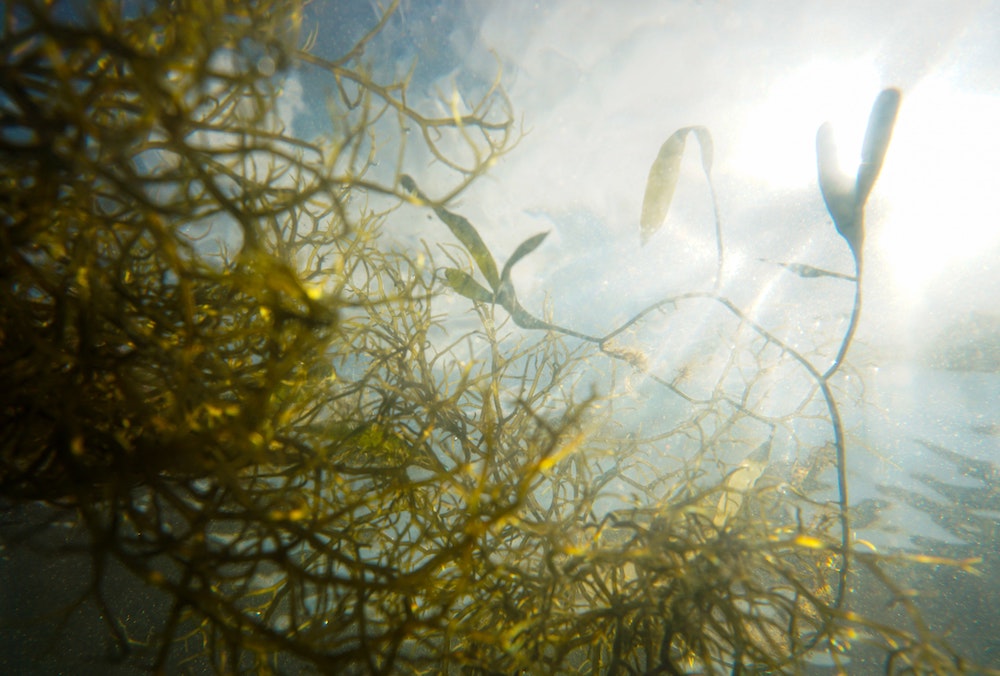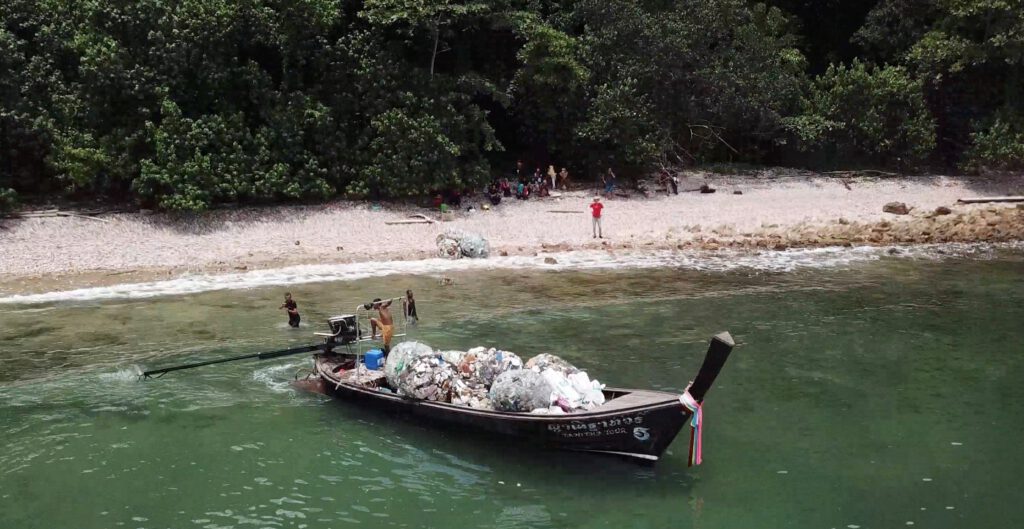
A Mexican Initiative Putting PET on a Regenerative Path by Restoring Coral and pulling the material out of the Oceans

“Plastic is energy. There is no plastic waste, only bad use of it,” is the sentient slogan of Petgas. One look at the mountains of discarded material building up around the world it’s hard to argue with the vision of the Mexican company’s founders: Benjamín Gutiérrez, Mauricio Pinoncely, Erick Hernández and Jesus Manuel Escoto.
The company focuses on using PET and HDPE waste that has been discarded by the recycling industry and transforms the material using a non-catalytic pyrolysis process carried out in the absence of oxygen. As it is not burning plastic, as such, it does not generate polluting emissions to the environment, transforming plastics from their original solid to gaseous state to later condense them into fuels that are 70% cleaner than normal diesel oil, without any sulfur or heavy metals.
The initiative on its own has enough merit to be applauded but it was elevated to PET Hero status with a leap from circular green economy to regenerative by collaborating with local fisherman to retrieve plastic from the oceans in return for Petgas fuels that are used to power boats involved in an ambitious project by Restore Coral to plant 250,000 corals in the MesoAmerican Reef in Quintana Roo, Mexico. Reciprocity needs to be celebrated wherever it emerges and that’s why Petgas is our second of eight PET Heroes 2023.
VOTE FOR JESUS MANUEL ESCOTO
Want to show your support for the amazing work being done by Jesus Manuel Escoto? Take a minute to show your support for him and the PET Gas.
Share it
THE HISTORY OF PLASTIC
Throughout the history of plastic, PET has been crucial in keeping food fresh with lightweight and durable packaging solutions that have helped reduce food waste for almost a century. Learn all about the invention of plastic and the important role it has played feeding people and saving the lives of humans and elephants in the adaPETation® timeline of the history of plastic.




